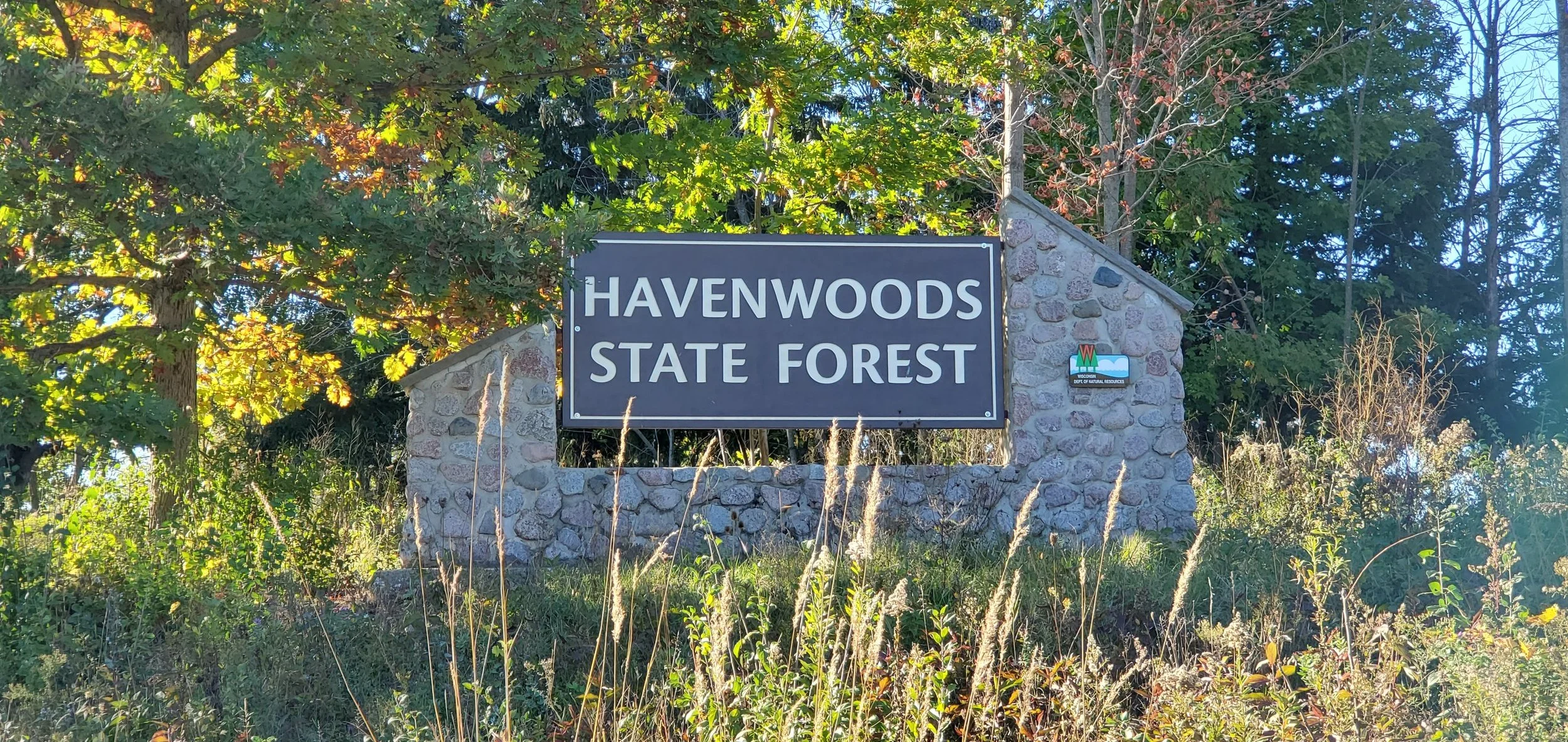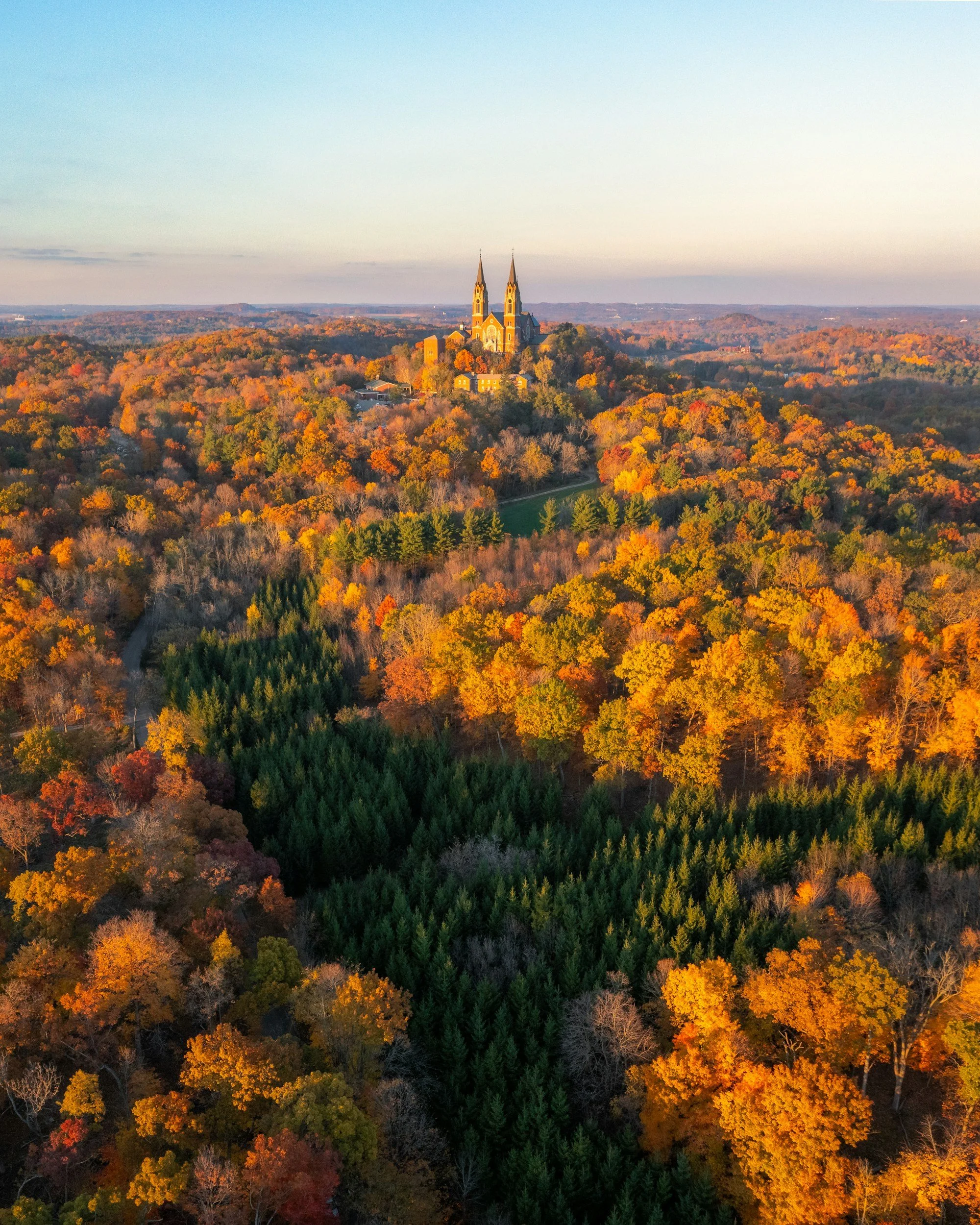Milwaukee Bee Farms, Tours and Educational Activities for Families
The greater Milwaukee area offers remarkable opportunities for families to explore the fascinating world of bees through hands-on educational experiences, from free honey farm tours to interactive museum exhibits. Indian Summer Honey Farm in Germantown provides completely free educational tours during extracting season (July-September), making it an ideal starting point just 15 miles from North Shore communities. The region's diverse offerings include everything from urban beekeeping workshops to seasonal festivals.
Beyond basic honey farm visits, Milwaukee's bee education landscape includes sophisticated programs like the Urban Apiculture Institute's certification courses, BeeVangelists' customizable workshops, and interactive museum exhibits at both the Milwaukee Public Museum and Milwaukee County Zoo. The timing is particularly favorable for families, with peak bee activity seasons coinciding with summer break and multiple year-round educational options available during the school year.
Free honey farm experiences
Indian Summer Honey Farm
Indian Summer Honey Farm stands out as the premier family destination, offering completely free educational tours during their extracting season from July through September. Located just 15 miles from North Shore communities in Germantown, this working honey farm provides an authentic educational experience that includes live honey extraction demonstrations, bee biology presentations, and honey tasting straight from the comb. The farm specifically welcomes families and school groups, making it perfect for kids to appreciate both the science and the agricultural aspects of beekeeping. This summer, fresh honey will be available on the farm starting July 24, 2025.
Honey Acres in Neosho offers the "Honey of a Museum" experience featuring 160+ years of beekeeping history across a 40,000 square foot facility. Though 45 miles from Milwaukee, this family-owned operation since 1852 provides comprehensive educational displays, multiple honey variety tastings, and manufacturing facility tours during weekdays. The museum format appeals particularly to teens who can engage with the historical and industrial aspects of commercial honey production.
Rim's Edge Orchard in Germantown combines orchard experiences with on-site honey production, offering families the opportunity to observe working hives while enjoying seasonal fruit picking. Operating late August through early November, this location provides an integrated agricultural experience that demonstrates the interconnected nature of farming and pollination.
Hands-on educational programs
BeeVangelists represents the most flexible and family-friendly educational option, offering customizable workshops from their Milwaukee location. With over 20 years of experience, they provide small group classes covering everything from basic bee biology to advanced hive management techniques. Their programs can be adapted for age groups, including hands-on activities like honey spinning, candle making, and salve creation. The organization operates by appointment seven days a week, making it highly accessible for busy families.
Urban Apiculture Institute, operated through UW-Extension Milwaukee County, offers the most comprehensive beekeeping education available. While their certification program is designed for adults, the practical sessions at Kohl Farm Garden Community Garden provide excellent opportunities for families to observe professional beekeeping techniques. The program runs from April through September, with hands-on Saturday morning sessions that could accommodate mature teens with adult supervision.
The Milwaukee Waukesha Beekeepers Association provides community connection through monthly meetings at Brookfield Library, offering educational presentations by experienced beekeepers. These meetings welcome families and provide ongoing educational opportunities throughout the year, creating potential mentorship relationships for seriously interested teens.
Museums and nature centers provide year-round engagement
Milwaukee Public Museum features the stunning Puelicher Butterfly Wing, a two-story tropical garden with hundreds of live butterflies that provides excellent pollinator education. The interactive learning gallery includes stations specifically designed for middle school age students, covering pollination science, habitat health, and conservation efforts. The museum's Explorer Kits and hands-on exhibits make complex ecological concepts accessible.
Milwaukee County Zoo maintains a live honeybee hive exhibit using the Beepods educational system, managed by trained staff who provide regular educational presentations. The zoo's conservation focus includes endangered species education, featuring the rusty-patched bumble bee that has been spotted on zoo grounds. This connection between local wildlife and global conservation efforts particularly resonates with teenagers developing environmental awareness.
Schlitz Audubon Nature Center in Bayside offers the most comprehensive environmental education programming, with 185 acres of Lake Michigan shoreline habitat. Their scout programs and environmental education offerings frequently include pollinator and ecosystem studies, with program costs ranging from $100-450 depending on group size and program duration.
Seasonal events
Wisconsin State Fair annually features the Wisconsin Honey Producers Association booth, transforming education into celebration with honey tastings, beekeeping demonstrations, and specialty honey treats like honey ice cream on-a-stick. The July-August timing coincides perfectly with summer break, and the fair atmosphere makes learning about bee biology and honey production feel like entertainment rather than education.
Milwaukee County Parks operates a volunteer bumble bee monitoring program that trains families to identify and document native bee species using smartphones. This citizen science initiative provides teens with meaningful conservation work while teaching native species identification and ecological monitoring techniques.
Multiple North Shore farmers markets throughout the region feature local honey producers like MJD Apiary and DragonFly Honey, creating regular opportunities for informal bee education. Markets in Shorewood, Fondy, and West Allis provide weekly access to local beekeepers who often offer educational presentations and honey tastings alongside their products.
Community resources
Southeast Wisconsin Master Gardeners provide extensive pollinator gardening education through monthly presentations and hands-on workshops. Their research-based approach to bee-friendly landscaping appeals to families interested in creating habitat at home, while their $20 annual membership provides access to expert knowledge and native plant sales.
Wehr Nature Center coordinates the county's bumble bee monitoring program orientations while offering family nature programs throughout the year. Their 220 acres of diverse habitat and 4+ miles of trails provide excellent opportunities for observing native pollinators in natural settings.
Mitchell Park Horticultural Conservatory (the Domes) features extensive pollinator gardens and serves as a designated Monarch Butterfly Waystation, providing year-round educational opportunities about plant-pollinator relationships within their climate-controlled environments.
Planning your bee education journey
Spring preparation (March-May) represents the optimal time for enrolling in summer programs, as most nature centers and educational organizations open registration during this period. The Urban Apiculture Institute begins classroom sessions in March, while BeeVangelists can accommodate spring planning for summer family activities.
Summer engagement (June-August) offers peak opportunities for hands-on experiences, with honey farms operating tours, farmers markets in full swing, and outdoor educational programs at their most active. The Wisconsin State Fair in late July provides a celebratory culmination to summer bee education activities.
Fall extension (September-November) allows for continued learning through beekeeping associations, continued farmers market participation, and harvest-focused educational activities that help families understand the full agricultural cycle.
Milwaukee's North Shore families have access to an exceptional range of bee-related educational opportunities that combine scientific learning with hands-on experiences. From completely free honey farm tours to comprehensive beekeeping certification programs, the region offers pathways for every level of interest and commitment. The variety ensures that families can progress from basic awareness through seasonal events and farmers markets to deeper engagement through workshops and ongoing community involvement. Most significantly, the concentration of these resources within a 30-minute drive of North Shore communities makes comprehensive bee education remarkably accessible for families seeking to inspire environmental stewardship and scientific curiosity.






This guide covers 22 top-rated courses across every region of the state, complete with drive times, fees, ratings, and nearby attractions to build the perfect road trip.